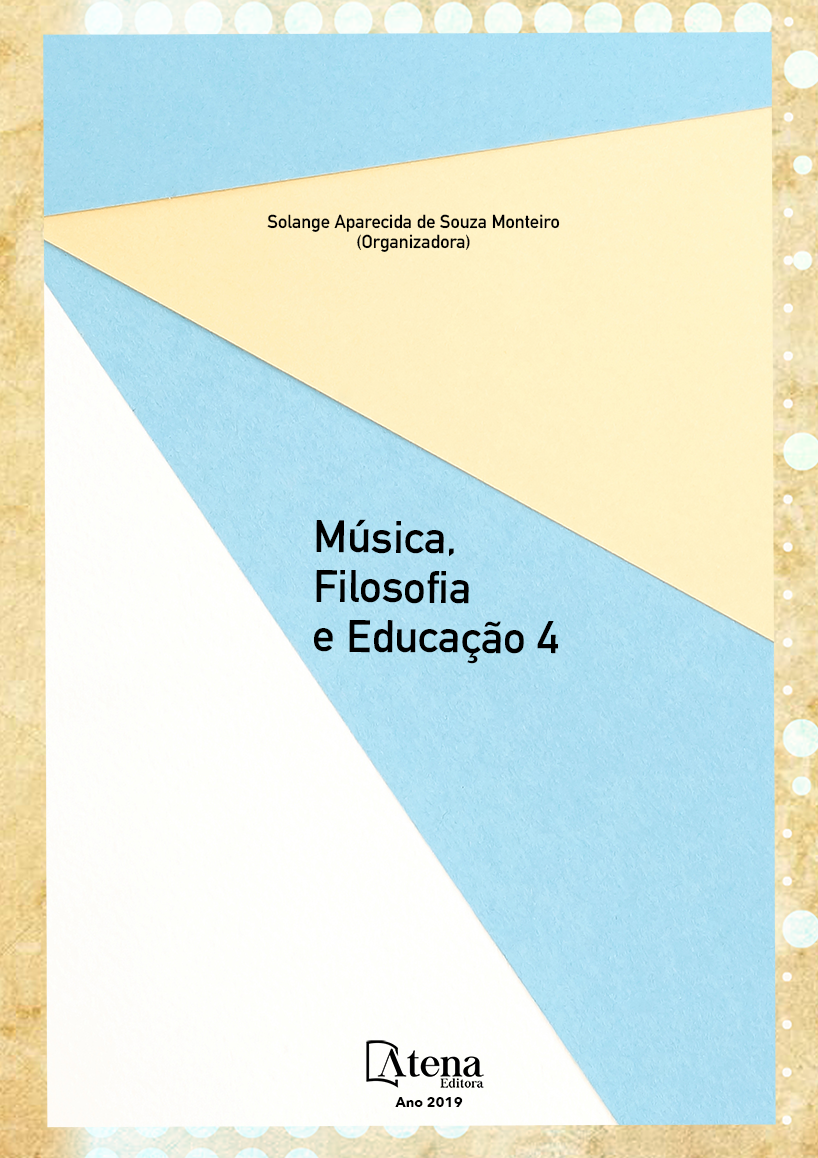
A EDUCAÇÃO MUSICAL NA CONTEMPORANEIDADE: UMA REFLEXÃO SOBRE A PEDAGOGIA CRÍTICA PARA A EDUCAÇÃO MUSICAL (PCEM)
O presente artigo teve o objetivo
de realizar uma reflexão sobre a influência da
educação musical no desenvolvimento cognitivo
dos alunos. A educação musical favorece
o desenvolvimento de funções psíquicas
superiores dos alunos, mas para que isso seja
uma realidade faz-se necessário que os docentes
sejam capazes de mediar as aulas colocando
em prática ações que desenvolvam todos os
potenciais educativos e efetivos para o ensino
dessa modalidade. A metodologia empregada
foi embasada em uma pesquisa bibliográfica
com o intuito de verificar os pressupostos
da perspectiva da Pedagogia Crítica para a
Educação Musical (PCEM), onde examinou-se
a relação dialética entre os elementos afetivos,
sociais, culturais e biológicos que permeiam
o pensamento discente. Fundamentou-se
nas teorias sociais de Freire (2002), McLaren
(2007), Giroux (2008), e Habermas (2009).
Concluiu-se que a educação musical amplia
o alcance da expressão popular fornecendo
oportunidades para formular expressões
musicais de emoções, representações musicais
de pessoas, e na construção de significados
culturais e ideológicos. Além disso, ensinar uma
variedade de música de forma abrangente é uma
importante forma de educação multicultural. A
PCEM enfatiza que a música deve ser entendida
em relação aos significados e valores tendo por
base diferentes fontes culturais. A educação
musical melhora a relação entre professores e
alunos, ajudando a melhoria na performance de
ações nas questões sociais
A EDUCAÇÃO MUSICAL NA CONTEMPORANEIDADE: UMA REFLEXÃO SOBRE A PEDAGOGIA CRÍTICA PARA A EDUCAÇÃO MUSICAL (PCEM)
-
DOI: 10.22533/at.ed.0771905025
-
Palavras-chave: Educação. Música. PCEM.
-
Keywords: Education. Music. PCEM.
-
Abstract:
This article aims to reflect on
the influence of music education on students’
cognitive development. Music education favors
the development of superior psychic functions of
students, but for this to be a reality it is necessary
that teachers be able to mediate the classes
by putting into practice actions that develop all
the educational and effective potentials for the
teaching of this modality . The methodology used
was based on a bibliographical research in order
to verify the assumptions from the perspective of
Critical Pedagogy for Music Education (PCEM),
where the dialectical relationship between the
affective, social, cultural and biological elements
that permeate the thinking student It was based
on the social theories of Freire (2002), McLaren
(2007), Giroux (2008), and Habermas (2009).
It was concluded that music education extends
the reach of popular expression by providing
opportunities to formulate musical expressions of emotions, musical representations of people, and the construction of cultural and
ideological meanings. In addition, teaching a variety of music comprehensively is an
important form of multicultural education. PCEM emphasizes that music should be
understood in relation to meanings and values based on different cultural sources.
Music education improves the relationship between teachers and students, helping
improve performance of actions in social issues
-
Número de páginas: 15
- Maria Beatriz Licursi Conceição


